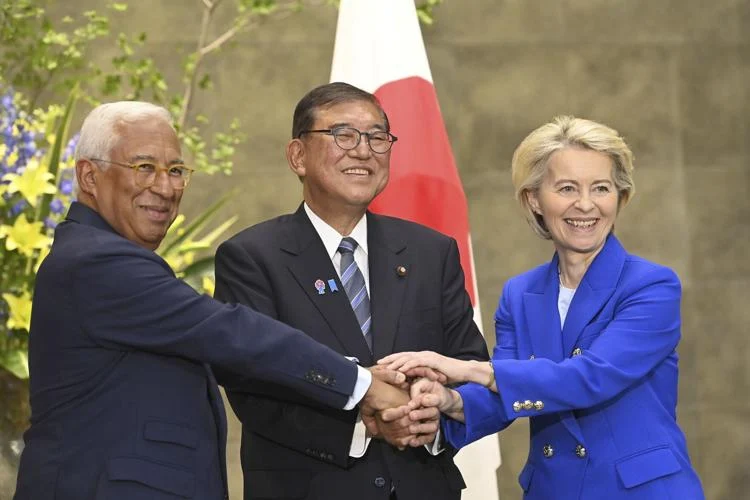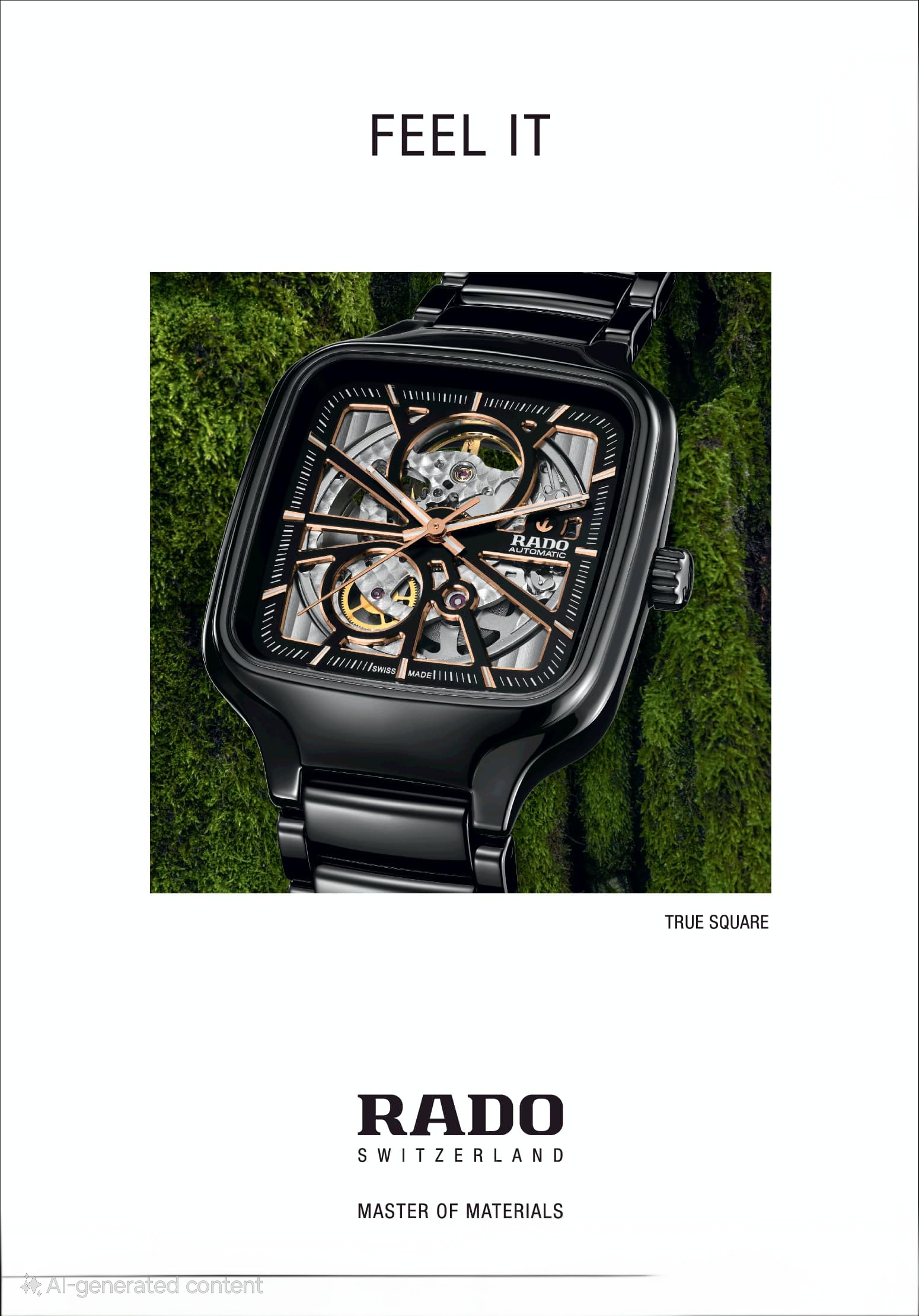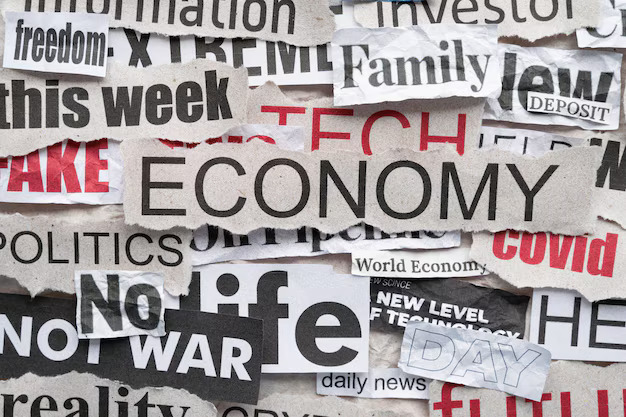
Bridging Continents, Binding Futures – The 30th EU-Japan Summit in Tokyo
Bridging Continents, Binding Futures – The 30th EU-Japan Summit in Tokyo
The 30th European Union–Japan Summit, held in Tokyo on 23 July 2025, passed largely under the radar of global headlines. In a world consumed by climate upheavals, digital disinformation, and geopolitical tremors, this quiet but significant meeting deserves more attention than it has received.
Chaired by António Costa, newly appointed President of the European Council, alongside Ursula von der Leyen, whose tenure as President of the European Commission has shaped Europe’s strategic posture, the summit also marked the international debut of Japan’s Prime Minister Shigeru Ishiba. Together, these leaders did not just reaffirm bilateral ties—they charted a vision of global cooperation that rises above transactional politics.
This year’s summit stood apart for three reasons. First, it was anchored not in routine diplomacy but in an urgency driven by shifting global tectonics: a multipolar power grid where the US retreats selectively, China advances relentlessly, and the Global South rises uncertainly. In this context, the EU and Japan—two of the world’s largest democratic economies—must do more than trade; they must co-author the grammar of the 21st century’s international order.
Second, the summit acknowledged, with rare candour, the limits of soft power in a hardening world. Cyber threats, supply chain vulnerabilities, and military posturing in the Indo-Pacific are no longer abstract risks. They are realities. Japan's move to deepen its strategic dialogue with Europe, particularly on dual-use technologies and maritime security, signals Tokyo’s cautious evolution from pacifism to preparedness. Europe, for its part, is slowly but firmly shedding illusions about a post-historical continent. The EU’s Indo-Pacific strategy is no longer a paper exercise—it’s a framework of action.
Third, climate and AI governance were given pride of place. This is where the summit hinted at deeper philosophical synergy. Both Brussels and Tokyo understand that technological progress without ethical architecture is a recipe for digital dystopia. The newly launched EU-Japan AI Trust Corridor—an initiative aimed at setting interoperable standards for ethical AI—is perhaps the most visionary outcome of this summit. It acknowledges that the East and the West must not merely react to Silicon Valley or Shenzhen. They must lead.
The chemistry between Costa, von der Leyen, and Ishiba was visible—measured yet sincere. Ishiba, with his roots in Japan’s rural heartland and a deep understanding of national security, brings a sobering realism to Japan’s foreign policy. Costa, a bridge-builder by temperament, sees in Japan a mirror of Europe’s post-industrial evolution. Von der Leyen, who may well be preparing her next act on the world stage, seemed determined to consolidate her legacy with a forward-looking Indo-European compact.
What this summit did not do was indulge in grandstanding. No sweeping declarations, no gratuitous critiques of rivals. Instead, a calm assertion: that the liberal democracies of Europe and Asia can still matter—if they act, not merely advise.
For those watching, the message was clear. The EU and Japan are not fading actors in the drama of world affairs. They are the quiet engineers of equilibrium.
As the West grows wary, and the East grows bold, the middle path lies not in neutrality, but in principled engagement. And in that, Tokyo 2025 might just have laid the foundation for something far more enduring than a communiqué: a concert of democracies that whispers where others shout—and delivers where others delay.

.jpg)




💬 Comments
No comments yet. Be the first to comment!